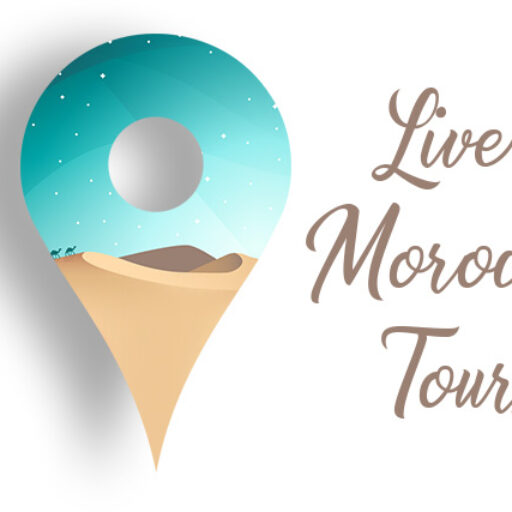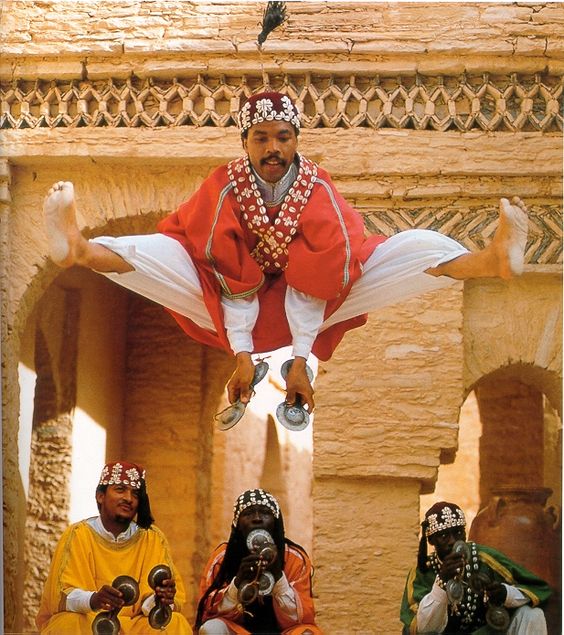
Moroccan culture and etiquette: skills for success.
Throughout the centuries, Morocco has been called home by many different peoples. In addition to the indigenous Amazigh (Berber) people, the country has been visited throughout history by a variety of cultures from the East (Phoenicians, Arabs), South (Sub-Saharan Africans) and North (Romans, Spanish Andalusians (both Muslims and Jews)). With such a variety of influences, it is not surprising that Moroccan culture is somewhat perplexing at first.
Of course, an important part of any culture is its language, and the same is true for Moroccan culture. The majority of the country’s population is Berber, Arab or mixed. The two official languages are Classical Arabic and Taheraite, but many Moroccans speak several languages, including French, Spanish (especially in the north of the country), and English.
Morocco is a Muslim country, with 99% of the population practicing Sunni Islam, but minority religions are also widely respected. Moroccans are very hospitable and tolerant of different cultures, ways of thinking and living. But that doesn’t mean there aren’t strong beliefs and cultural norms.
What is accepted in your home culture may be misunderstood when it comes to culture and etiquette in Morocco. Here are some rules (or tips) to help you respect the culture throughout your Morocco tour and make sense of this amazing country.
Moroccan Etiquette Clothing Being a conservative and religious country, Morocco requires caution in dressing. Especially in rural areas, parts of the body that are considered “private” must be covered at all times. For women, this means covering the arms (or at least the shoulders) and knees. For men, this means covering the shoulders and above the knees.
In cosmopolitan cities like Marrakech, Casablanca and Rabat, the dress code is looser. Typically, women, both Moroccan and foreign, wear short-sleeved tops and knee-length skirts, while men wear sleeveless shirts. If you are in doubt about what to wear, keep in mind that the best way to know what is appropriate is to watch and follow what the locals wear.
Moroccan Etiquette Greetings and Gestures Moroccans tend to be more formal in their greetings than Westerners. It is customary to ask people you meet for the first time if they have a spouse, if they have children, and about the health and well-being of their family.
Traditionally, Moroccans greet each other with a handshake and sometimes two kisses (starting on the left cheek), but only if the people they meet are of the same sex. When greeting men and women, the woman extends her hand first if she wants to be greeted, otherwise the man greets her with a bow of the head. Due to the recent pandemic caused by the COVID19 virus, many Moroccans have reverted to the common greeting of “hello” (or rather “salam alaikum”) followed by a right hand to the heart. This applies to friends and acquaintances as well as family members. If in doubt, follow the example of the person you are greeting, do not shake hands or kiss cheeks. Since Morocco is a conservative culture, public displays of affection should also be minimized.
Holding hands between people of the same sex is considered a platonic act. Older men, especially in rural areas, often hold hands. However, homosexual relations between Moroccans or between Moroccans and foreigners are strictly forbidden; see this article on Morocco for LGBTQ travelers. All gestures in Morocco must be made with the right hand. The left hand is considered unclean and is used when going to the toilet or cleaning. All greetings, eating manners and other gestures are made with the right hand. Also, in Morocco, it is impolite to point at someone with your index finger and move it toward you. Instead, wave with your hand facing palm down.
mosques
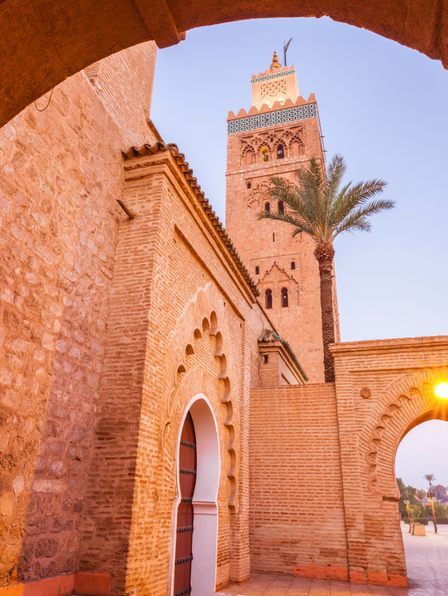
Unfortunately, unless you are a Muslim, you will not be able to enter most mosques in Morocco. The only exceptions are the ancient Tin Mor Mosque in the High Atlas, the Great Mosque of Zoumar in Western Sahara, the courtyard of the Moulay Ismail Imperial Sanctuary Mosque in Meknes, and the Hassan II Mosque in Casablanca.
At other mosques, you can only take photos of the magnificent outer walls or sneak a peek through an open door. In major tourist cities, peeking into mosques may be acceptable for locals, but in rural areas they should be a little more cautious.
Walking in cemeteries, near kubas (tombs of local saints) or zawiya (religious schools or monasteries) should also be avoided, as these places are considered holy.
Ramadan Culture in Morocco.
Ramadan is a holy month that is celebrated annually in the Muslim world. Since the Islamic calendar follows the lunar calendar, Ramadan takes place at a different time each year on the Western calendar (usually 10 days earlier on the Gregorian calendar, depending on the year). This festive month is dedicated to swam (fasting), one of the five pillars of Islam.
From sunrise to sunset, believers abstain from food, drink, tobacco, and sexual thoughts and activities to focus on spiritual renewal. As you can imagine, this fasting month has a huge impact on daily life in Muslim countries, and Morocco is no exception. Traveling during Ramadan is a great opportunity to experience Islamic culture and customs, but it requires some advance planning. You are not obliged to fast while in Morocco during Ramadan, but you should show respect by refraining from eating and drinking in public places.
Lunches and social events in Morocco

If you are invited to someone’s home, it can be a wonderful experience. However, there are some etiquette rules to follow. First, it is always important to clarify whether your spouse or partner is invited.
Some Moroccan families are conservative and may not accept mixed gender groups or have separate dining areas for women and men. Men are usually invited, but not their wives or partners. It is advisable to double check that your spouse, partner, friends or other traveling companions are listed on the invitation.
Note: Morocco is a safe country, but if you are invited to dinner alone or traveling alone, it is best to exercise caution and act wisely. Single women in particular should be wary of invitations from men.
If you are invited to a Moroccan wedding, expect dinner to be very late! Remove your shoes as soon as you enter the house and leave them at the door (your host will tell you if this formality is not necessary). It is also customary to bring gifts. These are usually sweets, figs, dates, nuts and fresh juice. Fresh flowers would also make a great gift, or bring small gifts for the children in the family. Avoid alcohol (unless you know what your host drinks and likes) and don’t bring hot food. When dinner is ready, a rug is spread on the floor around a knee-high round table with one communal dish in the center, or you can sit on a couch around a large round table. Before the meal begins, a basin may be brought to the table.
While the water is being poured, hold your hand over the basin and wipe your hands with the towel you will be provided. When the host begins to eat, you may begin your meal as well. If you are eating from a communal dish, eat from the triangular dish in front of you. It is customary to eat with your right hand. However, if you are left-handed, this is usually not a problem or disrespectful. If you stop eating, expect to be offered more food. It is polite to decline the first time and take a small portion if you are offered a second time. If you are completely full, simply tap your stomach and shake your head, saying “la choukran” (“no, thank you”).
Don’t be surprised if the host begs you to eat.
Tipping etiquette in Morocco.
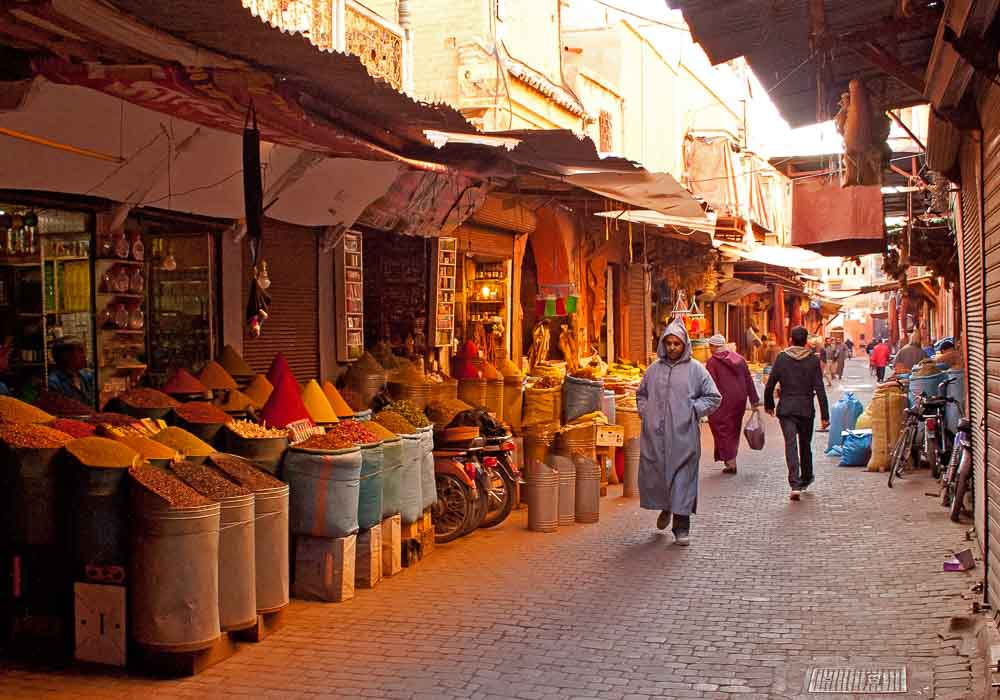
is customary to tip in Morocco, so you should leave a few dirhams in different places when traveling around Morocco. Tipping guidelines depend on the store or situation, but here are some basic rules.
- In hotels, it is customary to tip bellhops (10-20 dirhams depending on the size and number of suitcases) and cleaners (20 or 100 dirhams per week).
- In restaurants, you should always tip waiters, but it depends on the style of the restaurant. Leave around Dh5 at mid-range restaurants and 10-15% at high-end restaurants.
- At museums, monuments and local attractions, it is customary to give 3-5 dh to the caretaker.
- If you get spa treatments during your vacation, tips should be considered here as well. It is customary to tip 20-25 dh per service.
- Cab drivers don’t usually ask for tips, but tend to appreciate them.
- Professional guides usually get different tips depending on the number of people in the group; 100-200 dh for a 1/2 day tour is a pretty standard amount for small groups.
- Drivers are a more subjective experience that depends on the discretion of the client. Some clients tip 5% to 10% of the trip cost. Others recommend 200-500 AED per day if they are happy with the service.
- If you get lost and need help to find your way back to your hotel or restaurant, a tip of 5dh or 10dh is recommended.Asking strangers for help is not recommended, especially in the chaotic medinas of Fez and Marrakech!
In any case, tipping is a very emotional attitude, often based on personal perception of the quality of the service rendered. Although it is customary to tip in Morocco, how generous it is depends on you and your satisfaction. Most importantly, however, never ask a person how much they expect you to tip. This will only lead to an awkward conversation and you will be left in the dark.
Moroccan women
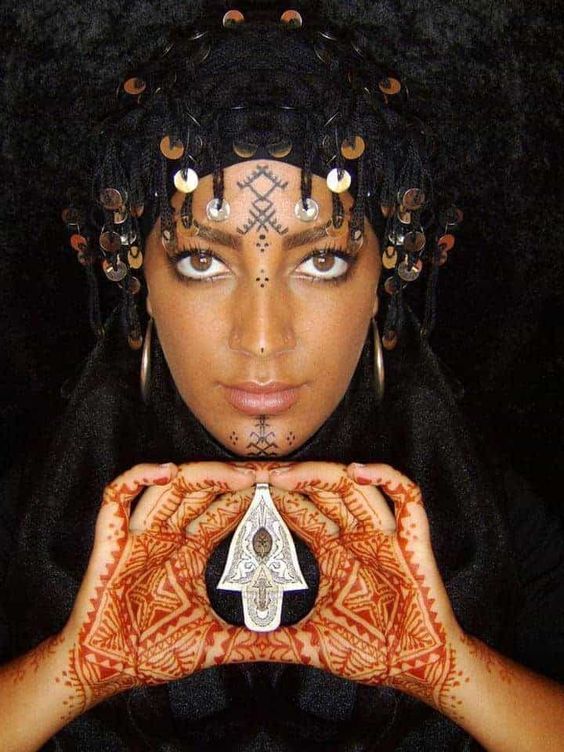
ATraveling in Morocco for women is certainly different from traveling in Western countries. In Morocco, gender roles are more clearly defined and traditional notions of a patriarchal society are very evident, so women need to be especially careful when discovering the colorful streets of Morocco. Women can be approached and noticed by members of the opposite sex. The best way to deal with this is to ignore them completely. If you feel uncomfortable, immediately seek help from the nearest police officer.
Women are generally expected to dress more modestly, not drink or smoke in public places and avoid physical contact with men. While this code of conduct is relaxed in major cities such as Casablanca, Marrakech and Rabat, it is important to observe it in rural Morocco. Pay attention to the Moroccan women around you to see what is acceptable to them. Women coming to Morocco are not expected to dress like Moroccan women, but a little respect can go a long way.
Welcome to Live Morocco Tours, where your dream journey begins! At Live Morocco Tours, we understand that every traveler is unique, and so are their travel aspirations. That’s why we offer you the opportunity to customize your own tour and turn your travel dreams into reality.
Morocco Resources
- Colorful maps
- Tourist Attractions Overview
- Ancient Architecture
- Travel Safety
- Money and Currency
- Culture and Etiquette
- Moroccan Festivals
- Learning Arabic
- Visa Requirements
- Tips for cheap flights
- Ferries to Morocco
A selection of articles about Morocco
- Marrakech
- Fez
- Essaouira
- Chefchaouen
- Asilah
- Tangier
- Casablanca
- Rabat
- Sahara
- Desert
- Atlas Mountains
- Jewish Morocco
- Food and recipes
- Monuments and Sights
- Health and Beauty
- Moroccan books
